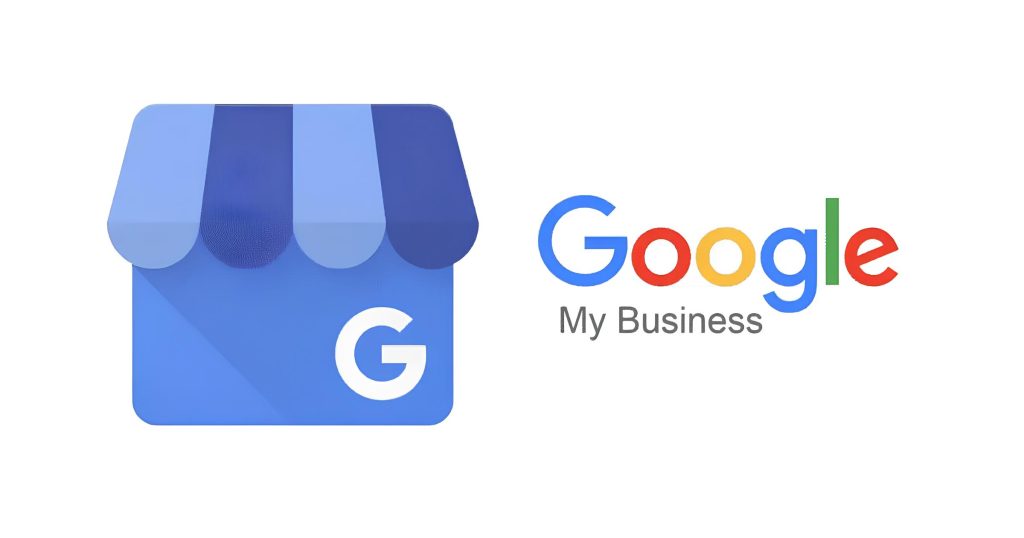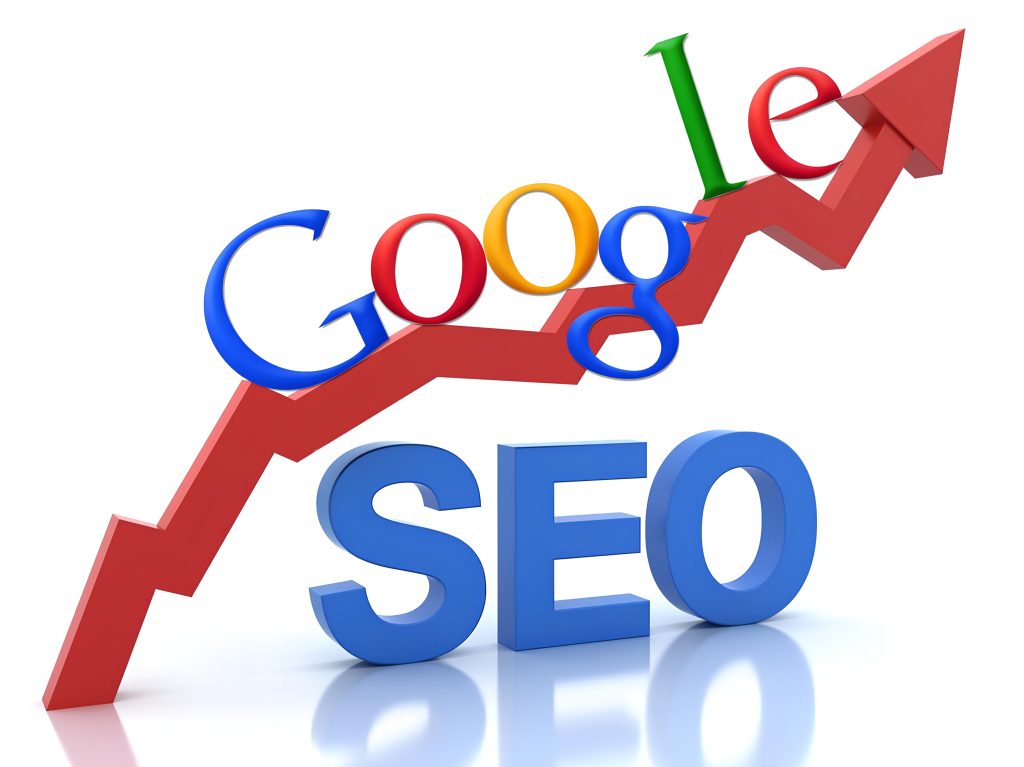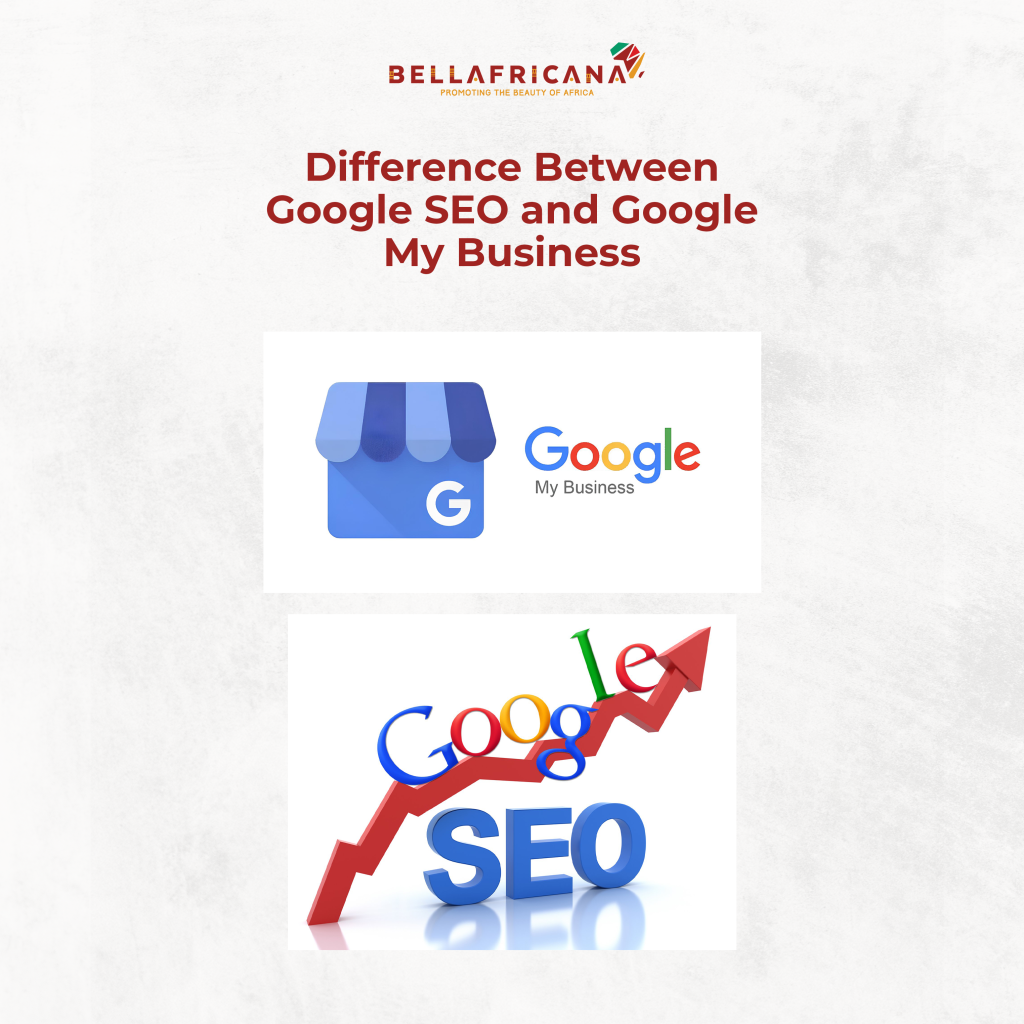Google is a key player in helping businesses reach their target audience in the large and constantly changing world of online marketing. Google My Business (GMB) and Google SEO are two essential elements of a successful online presence. Even though they both increase a company’s online presence, they have different goals and employ various techniques.
The specifics of both will be examined in this blog post, and I will show you the differences between Google My Business and Google SEO.

Google My Business (GMB):
Google My Business is a powerful tool designed to enhance a business’s local online presence. It provides a platform for businesses to manage their online listings and appear on maps, making it easier for potential customers to find and connect with them.
Key Features of Google My Business:
Local Business Information: GMB allows businesses to display essential information, such as their name, address, phone number, website, and hours of operation, directly on Google.
Reviews and Ratings: Customers can leave reviews and ratings on a business’s GMB profile, influencing the reputation and credibility of the business.
Map Integration: GMB enables businesses to appear on Google Maps, making it convenient for local customers to locate them.
Business Insights: GMB provides valuable insights into customer interactions, allowing businesses to understand how users find and engage with their listings.

Google SEO (Search Engine Optimization):
Google SEO, on the other hand, is a broader strategy aimed at optimizing your brand or product’s visibility on Google’s search engine results pages (SERPs). Unlike GMB, which focuses on local visibility, SEO encompasses a wider range of tactics to improve your brand’s overall ranking in organic search results.
Key Components of Google SEO:
On-Page Optimization: SEO uses special words to make your product stand out in global searches.
Website Friends: SEO gets other websites to talk about your product, making it more popular.
Technical SEO: SEO ensures your product website is fast, works well on phones, and looks good.
Content Marketing: SEO loves it when you create valuable content, making your product a trusted source. by using relevant keywords, creating high-quality content, and establishing a brand as an authoritative source in its industry.
Technical SEO: This involves optimizing the technical aspects of a website, such as site speed and mobile responsiveness.
Conclusion:
In summary, both are integral components of a successful online marketing strategy. Understanding their differences and leveraging their unique benefits can significantly enhance a business’s visibility, attract more customers, and ultimately contribute to its growth.



